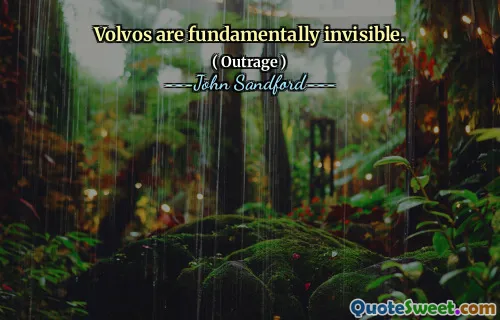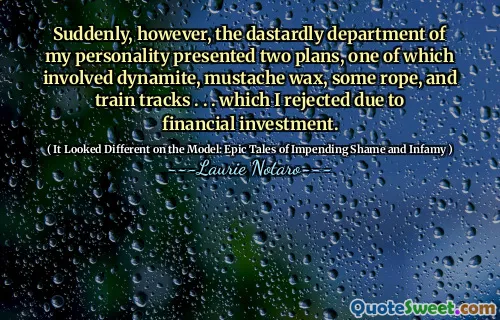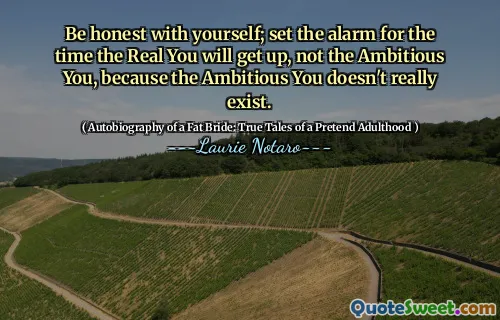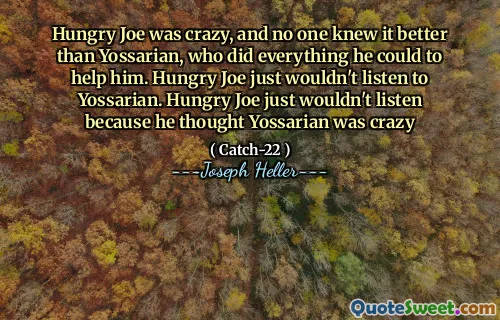POZZO:I am blind.{Silence.}ESTRAGON:Perhaps he can see into the future.
In Samuel Beckett's "Waiting for Godot," the character Pozzo declares his blindness, creating an atmosphere of uncertainty and silence. This moment emphasizes the themes of existentialism and the human condition, where perception and understanding are questioned. Gogo's response, suggesting that Pozzo might see into the future, introduces a layer of irony and hope. It reflects the characters' desire for purpose and meaning in a world marked by stagnation and ambiguity, showcasing their struggle to find significance amid the absurdity of life.
In Samuel Beckett's "Waiting for Godot," the character Pozzo declares his blindness, creating an atmosphere of uncertainty and silence. This moment emphasizes the themes of existentialism and the human condition, where perception and understanding are questioned.
Gogo's response, suggesting that Pozzo might see into the future, introduces a layer of irony and hope. It reflects the characters' desire for purpose and meaning in a world marked by stagnation and ambiguity, showcasing their struggle to find significance amid the absurdity of life.





